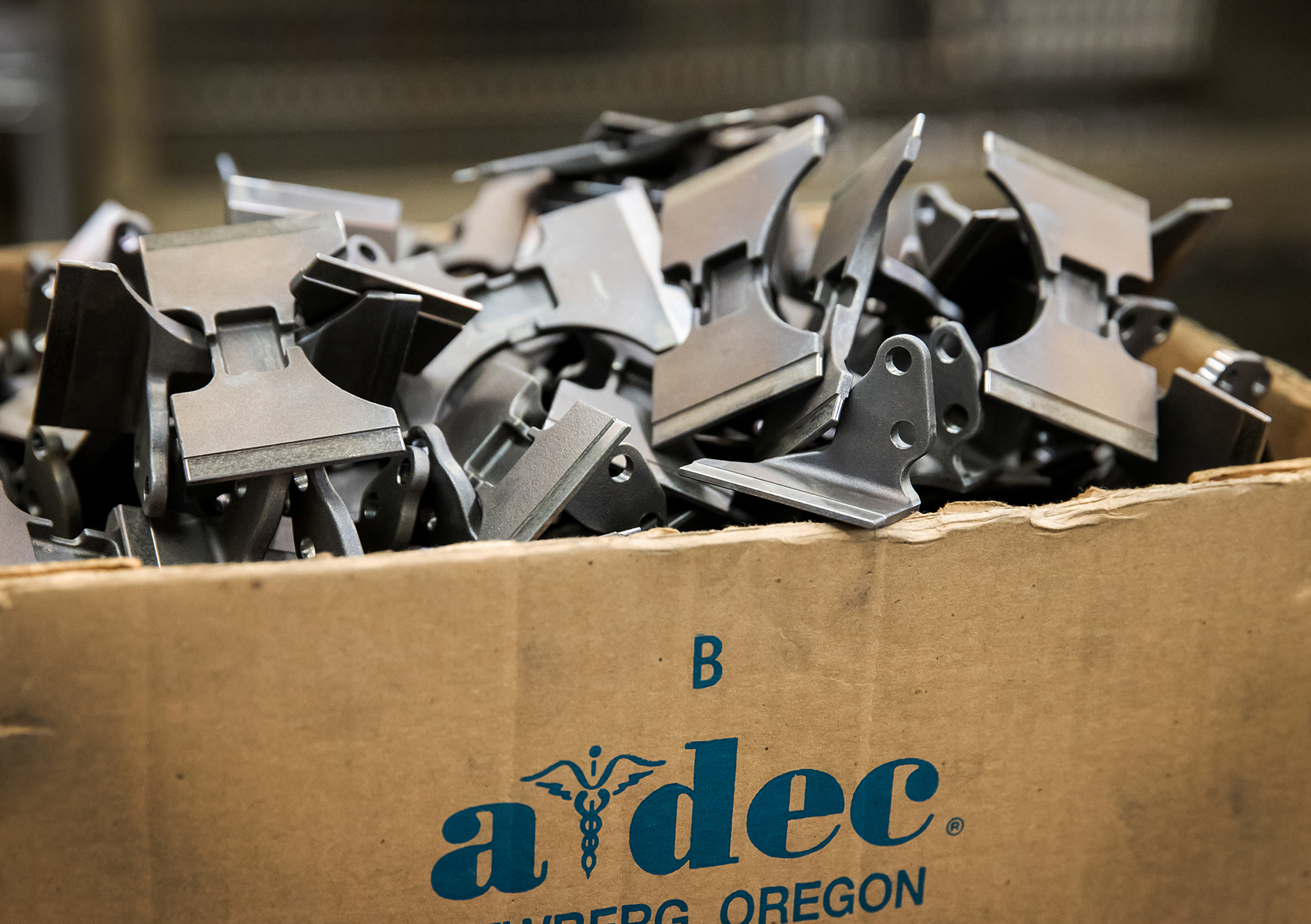A win-win: New A-dec system saves energy, while protecting the environment
Published 2:22 pm Wednesday, July 30, 2025



Dental equipment manufacturing giant joins forces with Energy Trust of Oregon to implement new metal treatment process
When a Newberg company set out to improve the energy efficiency and environmental impact of its operations, the goal wasn’t just to save money on its utility bills — it was to transform its manufacturing processes.
The result was a win-win.
Trending
With support from Energy Trust of Oregon, Newberg-based dental equipment manufacturing giant A-dec launched a project that replaced its traditional metal pretreatment process with a safer, lower-energy solution. Help from Energy Trust, an independent nonprofit agency, was key to moving the project forward, covering more than 70% of the total project costs and providing nearly $83,773 in incentives.
A-dec officials report that results have exceeded their expectations by delivering “significant energy savings” while reducing waste and providing “long-term business value.”
The company estimates that implementation of the process is annually saving approximately 457,000 kilowatt hours of electricity and 4,837 therms of natural gas — a cost savings of more than $39,960.
The savings coincide with a near elimination of hazardous waste generated by the company’s fabrication processes, saving nearly $200,000 annually in disposal costs.
More responsible manufacturing processes
Despite being in business for more than 60 years, the producer of dental chairs, lights and other equipment “recognized that even the best legacy processes could be improved, especially when they involve high energy consumption and chemical waste,” a release from Energy Trust said.
In particular, the company was looking to replace the dip tank method it had used for decades to pre-treat metal with zinc phosphate and chromate — an energy-intensive process that required heating chemical tanks to 175 degrees. The process not only consumed copious amounts of energy, but it also generated hazardous chemical waste that cost hundreds of thousands of dollars annually to dispose of, a process that “will always pose some level of risk to employee safety,” the release said.
Trending
When an A-dec engineer returned from a conference on spray-on metal pretreatment with an idea on how to improve energy efficiency and reduce hazardous waste, Energy Trust stepped in to provide the technical insight and cost analysis to bring the project to fruition.
It would involve the company switching to a zirconium oxide process — a safer, lower-energy alternative.
First, though, Energy Trust engineers worked with A-dec to analyze energy savings potential, refine the project scope and structure incentives.
“This guidance was instrumental in scaling down an initially ambitious $7.5 million plan into a manageable first phase — focused on switching to the new pretreatment chemistry,” the release said.
“When you’re making significant changes like these, it can’t be overstated just how important it is to have a coalition of good partners internally and externally,” Dustin Harper, A-dec’s staff manufacturing engineer, said. “Energy Trust played a vital role in our ability to improve.”
A healthier environment
Company officials report that the air quality and the ambient temperature around the processing area has much improved since implementation of the new process.
“The entire space is significantly more comfortable than before — much less hot and humid,” Harper said.










